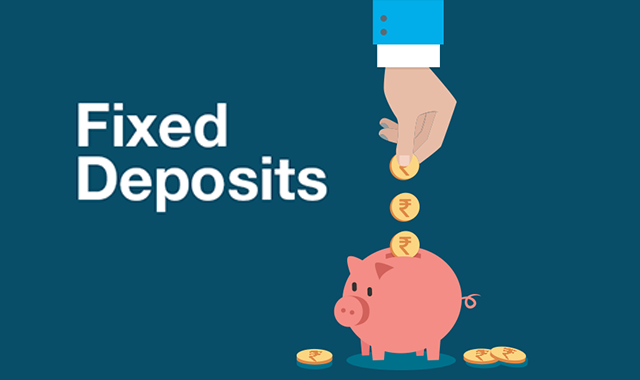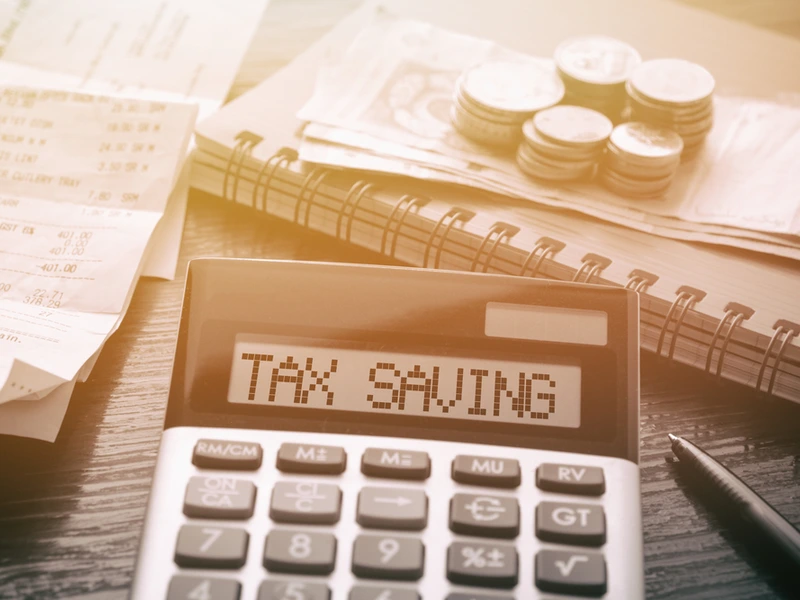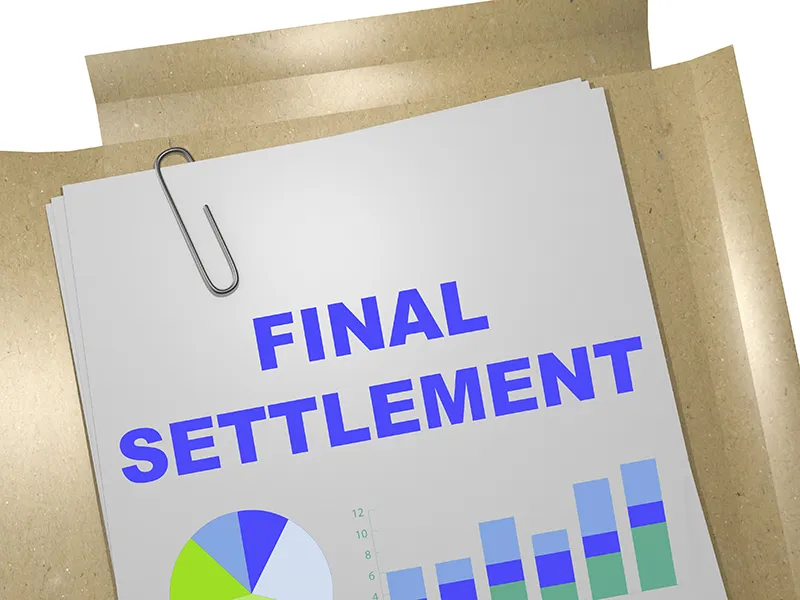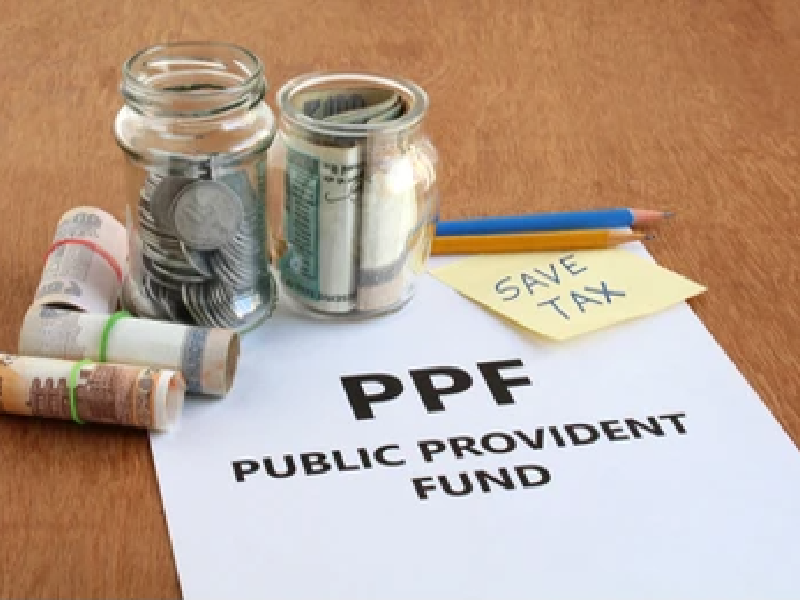
Fixed Deposit – Is Interest Taxable? Absolutely. Read on for more.
Is interest on fixed deposits taxable?
Yes! Interest on fixed deposit is taxable, and is added to your total income of the financial year. So, depending on which tax bracket you fall in, interest too will be taxed at that rate. If you fall in higher tax bracket, a 7.5% FD actually ends up being just over 5%. So you might as well avoid fixed deposits altogether and opt for debt mutual funds. If you are a retiree or otherwise fall in lower tax bracket, your liability may be low.
Note that you are liable to pay tax on fixed deposit interest every financial year, irrespective of when the deposit matures. This is true even if you have not withdrawn the interest from the account. So, if you have a fixed deposit that pays all interest only the end of the term, you still need to pay tax every year, on the interest that was due to you that year (from your own pocket).
Though often ignored, the tax element attached to interest from fixed deposit makes a whole lot of difference to the income you really receive after tax.
Is there Tax Deducted at Source (TDS) on fixed deposits?
Yes. The government is increasingly tightening TDS norms on fixed deposits. While creating a fixed deposit, estimate your tax bracket for the year. If it is high, provide the Bank with your PAN so that they can deduct TDS. Make sure you collect the TDS certificate at the end of the year, and account for it while filing tax returns.
If you fall below the tax bracket and are unlikely to have tax liability for the year, fill form 15H at the Bank and hand it over. This way, they will not deduct TDS on your interest.
Click Here to know more about how to put your money to the best possible use.



























